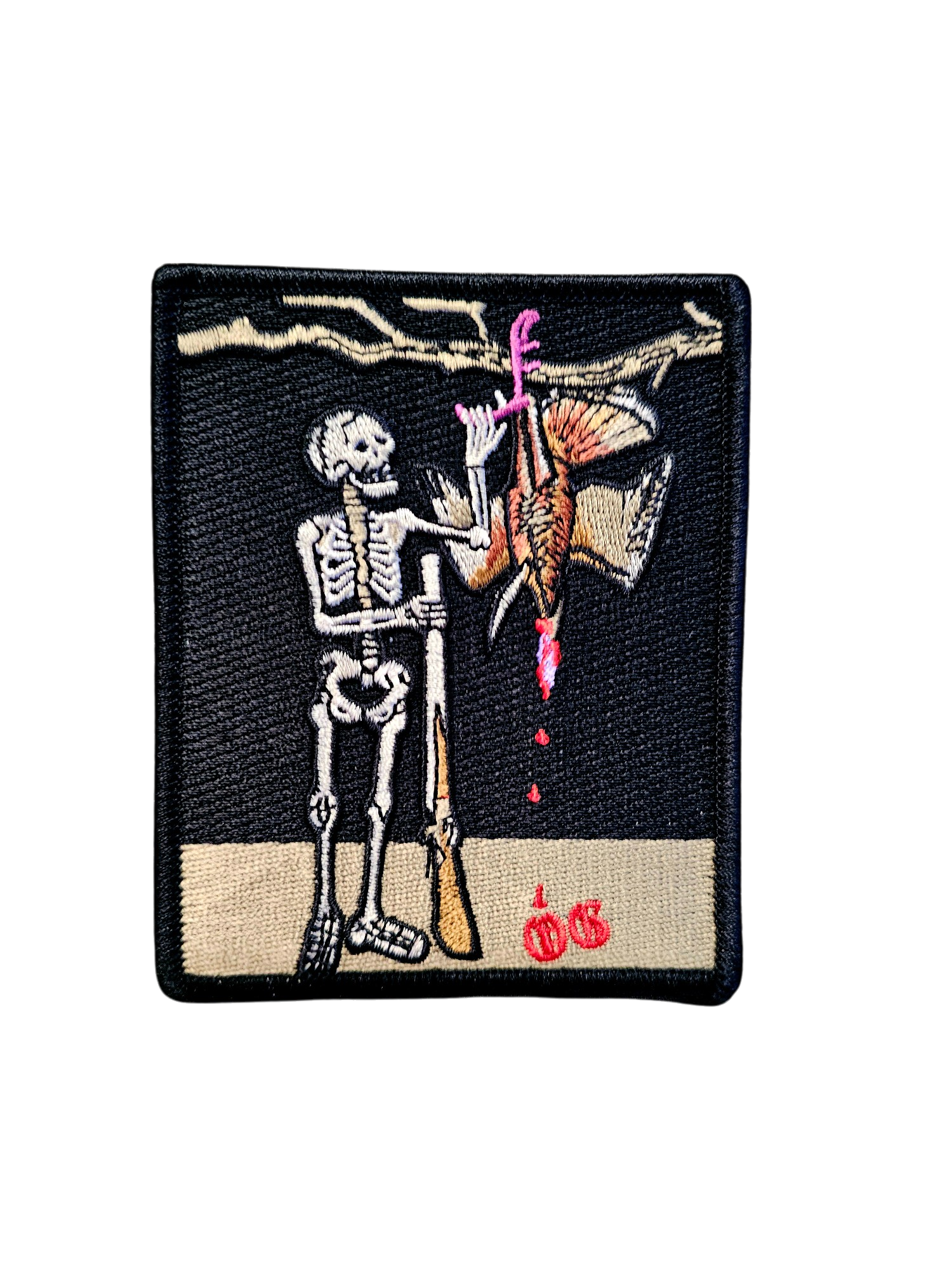        |
COLLABORATIVE RESEARCH ANNOUNCEMENT (Turkeys For Tomorrow)Started by TurkeysForTomorrow, June 07, 2022, 10:46:30 PM Previous topic - Next topic
User actions
|
        |
COLLABORATIVE RESEARCH ANNOUNCEMENT (Turkeys For Tomorrow)Started by TurkeysForTomorrow, June 07, 2022, 10:46:30 PM Previous topic - Next topic
User actions
|